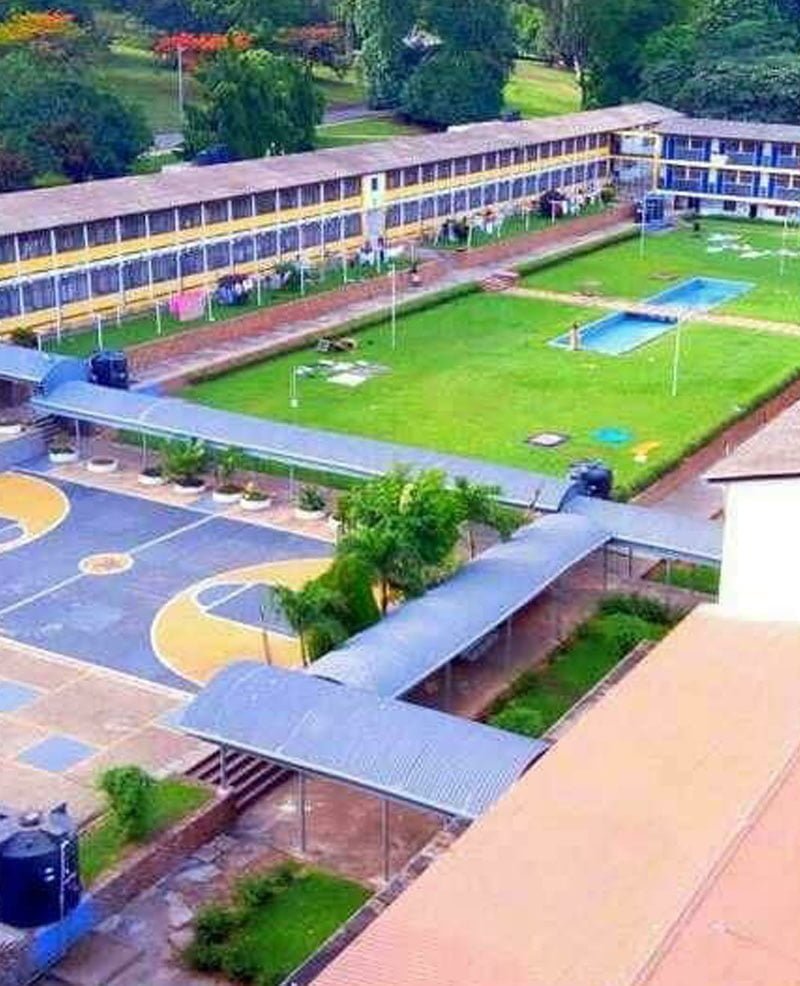Kwame Nkrumah University of Science and Technology (KNUST) is one of the oldest and most prestigious universities in Ghana. The university is renowned for its academic excellence, research, and innovation. However, there is more to KNUST than just its academic achievements. One of the most notable aspects of the University is its vibrant hall culture. In this blog post, we take a look at the history of halls in KNUST and how they have evolved over time.
The first hall to be established in KNUST was Unity Hall, which was founded in 1952. This was followed by University Hall (Katanga) in 1953, and then Africa Hall in 1954. These halls were founded to provide accommodation for students and to foster a sense of community and belonging among students. The halls were named after the ideals of Pan-Africanism and unity, which were important to the founding fathers of the university.
Over the years, more halls were established to accommodate the growing number of students at KNUST. These included Queen Elizabeth II Hall in 1962, Republic Hall in 1963, and Independence Hall in 1965. These halls were named after important figures and events in Ghana’s history, and they played a significant role in shaping the social and cultural landscape of KNUST.
In the early years, the halls at KNUST were known for their strong sense of identity and community. Each hall had its own unique culture and traditions, and students were fiercely loyal to their halls. The halls organized various social and cultural activities, such as drama and music performances, sports competitions, and debates. The hall week celebrations, which are still held to this day, were a highlight of the academic calendar and were eagerly anticipated by students and alumni alike.
However, in recent years, there have been concerns about the role of halls in KNUST. Some argue that the competitive and sometimes violent nature of the hall culture is detrimental to the university’s academic mission and reputation. Others argue that the halls continue to play an important role in fostering community and belonging among students, and that they should be preserved.
In conclusion, the halls at KNUST have a rich history that spans over six decades. They have played an important role in shaping the social and cultural landscape of the university, and they continue to be an important part of the KNUST experience. As the university continues to grow and evolve, it is important to preserve the traditions and values that have made the halls such an integral part of the KNUST community.
Follow us on Twitter and Facebook for more content.
READ ALSO:
WHAT TO KNOW WHEN PICKING YOUR MAJOR OR MINOR AS A SOCIAL SCIENCE FRESHER.
History of Kwame Nkrumah University Of Science And Technology (KNUST).

